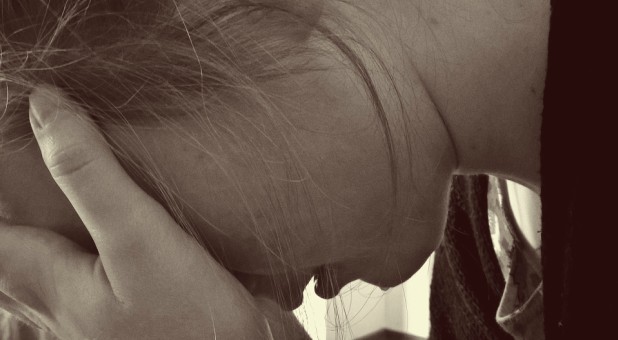Kids are less likely to think about suicide or attempt to kill themselves if religion or spirituality is important to their parents, a small study suggests.
And that is true even if the kids themselves didn’t think religion was important, according to the results published in JAMA Psychiatry.
The new findings came out of a 30-year, three-generation family study conducted by the New York State Psychiatric Institute and Columbia University. At the beginning of that study, researchers rounded up two groups of volunteers: one composed of people who had suffered major depression and the other included people who had not experienced depression. The new study focused on the adult children (generation two) and grandchildren (generation three) aged 6 to 18 years of those initial volunteers.
The feeling that religion or spirituality is important suggests “an inner strength,” said senior study author Myrna Weissman, a professor of epidemiology and psychiatry at the Columbia University College of Physicians and Surgeons and a member of the scientific board of the American Foundation for Suicide Prevention. “It isn’t about how much time you spend at church or which particular religion you are, it’s having an inner belief that gives you some kind of strength that manifests in your behavior. And it is independent of your children’s opinion of religion.”
It was a finding that Weissman and her colleagues didn’t expect. “We were rather surprised,” she said. “And that’s why it took a long time for us to publish.”
For the new study, Weissman and her colleagues interviewed 214 generation-three kids along with 112 of their parents. Parents and children were asked three questions about spirituality: How important to you is religion or spirituality? How often, if at all, do you attend church, synagogue or other religious or spiritual services? What denomination are you?
More parents than children reported that religion/spirituality was of high importance to them, 45 percent versus 25 percent. More children than parents reported that it was of no importance, 15 percent versus 4 percent.
When the researchers analyzed their data, they found that for girls, but not boys, feeling that religion or spirituality is important was tied to 52 percent lower odds of suicidal behavior. Religious attendance was also linked for girls but not boys with 36 percent lower odds of suicidal behavior compared to those who did not attend.
For both girls and boys, however, higher importance of religion/spirituality in parents was associated with a 39 percent lower risk of suicidal thoughts and attempts. The same was not true when it came to parents’ attendance at spiritual services.
The researchers are working on another study now to try to understand why parents’ beliefs are so protective. “We’re doing … a survey of 300 people, asking all kinds of questions about religion and coping,” she said. “We suspect it’s a commitment to a certain set of values. The details of those values don’t matter. But they must be uplifting.”
The current results were not a surprise to Dr. John Walkup, a professor of psychiatry at Northwestern University’s Feinberg School of Medicine and chair of child and adolescent psychiatry at the Robert H. Lurie Children’s Hospital of Chicago.
In general, Walkup said, “if families have an organizing principle about who they are and how they live and they have raised their kids in that kind of belief scaffold, there is some kind of structure that may help prevent suicide because it offers a sense of purpose within the family.”
There’s a theory about suicide that suggests three components that lead to a person killing themselves, said Dr. Emanuel Maidenberg, a clinical professor of psychiatry at the David Geffen School of Medicine at the University of California, Los Angeles and director of the UCLA Cognitive Behavioral Therapy Clinic.
“First, they perceive themselves as burdensome to others,” said Maidenberg, who is not affiliated with the new research. “They also feel no sense of belongingness and the third component is that they have learned to not be afraid of harming themselves.”
It’s possible that parents’ attitude towards religion is protective because “it could be delivering a sense of community,” Maidenberg said.
That concept rings true to Walkup, who said, “religion embeds you in a community of like-minded people.” {eoa}
© 2018 Thomson Reuters. All rights reserved.
See an error in this article?
To contact us or to submit an article























